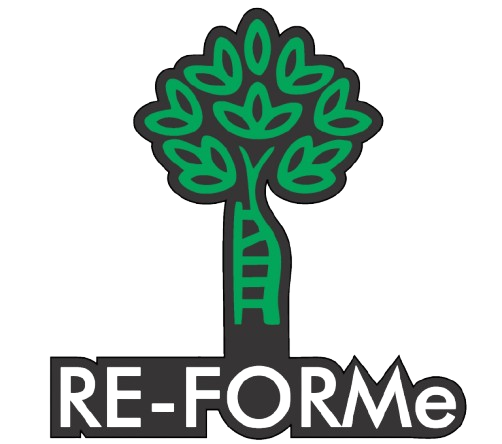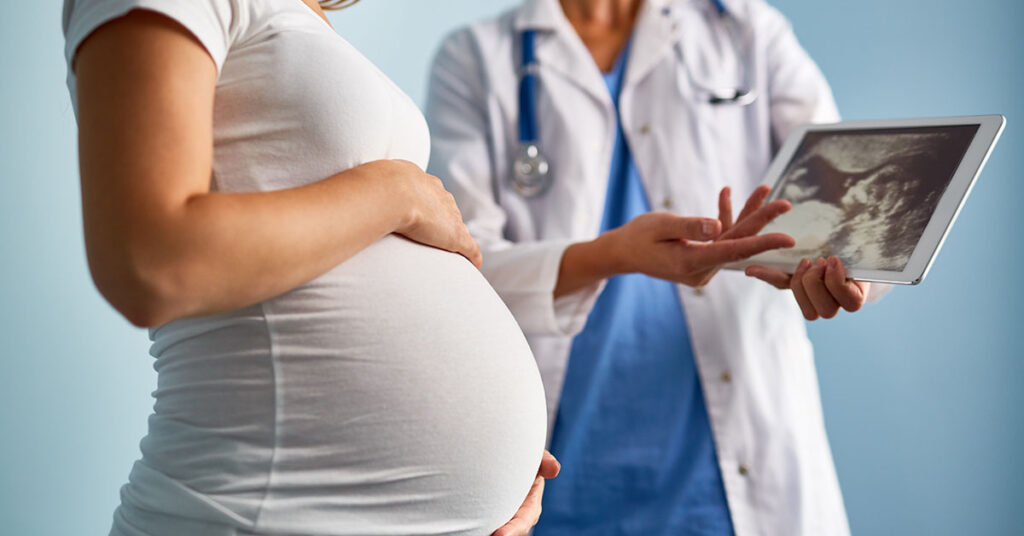Many people have high-risk pregnancies, and most end in healthy babies. Routine prenatal care can help ensure your pregnancy is safe, even if it’s high risk. Preexisting health conditions automatically place additional risks on any pregnancy. Women who’ve been diagnosed with a chronic illness like kidney disease, lupus, thyroid disease, epilepsy, or sickle cell anemia have high-risk pregnancies, as do women who are affected by clinical depression or an anxiety disorder.
At its core, monitoring is about being proactive. It’s about observing and checking quality, and includes important supporting elements such as alerting and reporting. Diagnostics on the other hand, is a reactive task; something performed when you are in jeopardy. (DY-ug-NOH-sis) The process of identifying a disease, condition, or injury from its signs and symptoms. A health history, physical exam, and tests, such as blood tests, imaging tests, and biopsies, may be used to help make a diagnosis.



